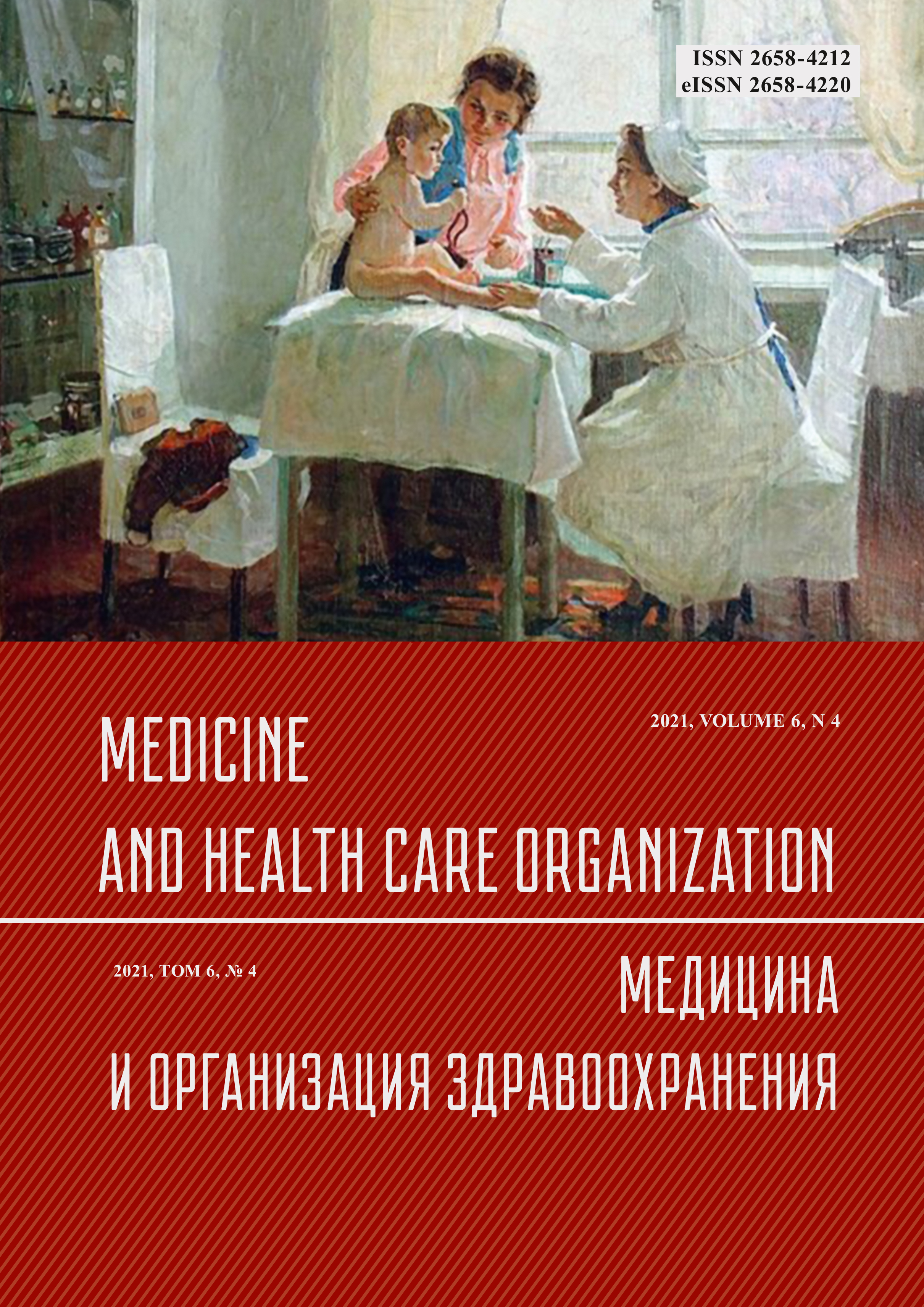Health status and fitness for military service of young people living in the conditions of the far north
Abstract
In order to develop and substantiate recommendations for improving the organization of medical support for training young men living in the Far North for military service, the results of preventive examinations of 9220 boys 15-17 years old, medical examination of 17 590 young men at the initial military registration, 36 255 conscripts, 3 reports of Military Commissariat of the Republic of Sakha (Yakutia) and 72 reports of the Military Commissariats for municipalities were analyzed. It was found that in the Republic of Sakha (Yakutia), the level of general morbidity in young men 15-17 years old, according to the results of preventive examinations, was 619.7 per 1000 examined, and during medical examination at the initial military registration - 551.6 per 1000 examined. According to the results of the initial military registration, 72.3% of young men were found fit for military service, according to the results of a medical examination of conscripted into military service - 76.0%. The organization of medical support for the preparation of young men living in the Far North for military service takes place in extreme climatic and difficult socio -economic conditions and has a number of unresolved organizational problems: a shortage of personnel and medical diagnostic equipment, low quality of preventive examinations and military medical expertise, inadequate fulfillment of the required list of medical and recreational activities, insufficient level of interaction between health authorities with military commissariats and local self -government bodies. The main directions of improving the organization of medical support for training young men living in the Far North for military service should take into account the peculiarities of the climate and biosocial factors affecting the health of young people, include the improvement and development of: legal regulation of the preparation of young men for military service with an emphasis on intersectoral interaction; resource support for medical examination and treatment and diagnostic measures aimed at confirming the health status of conscripts; information technologies, including telemedicine technologies.



